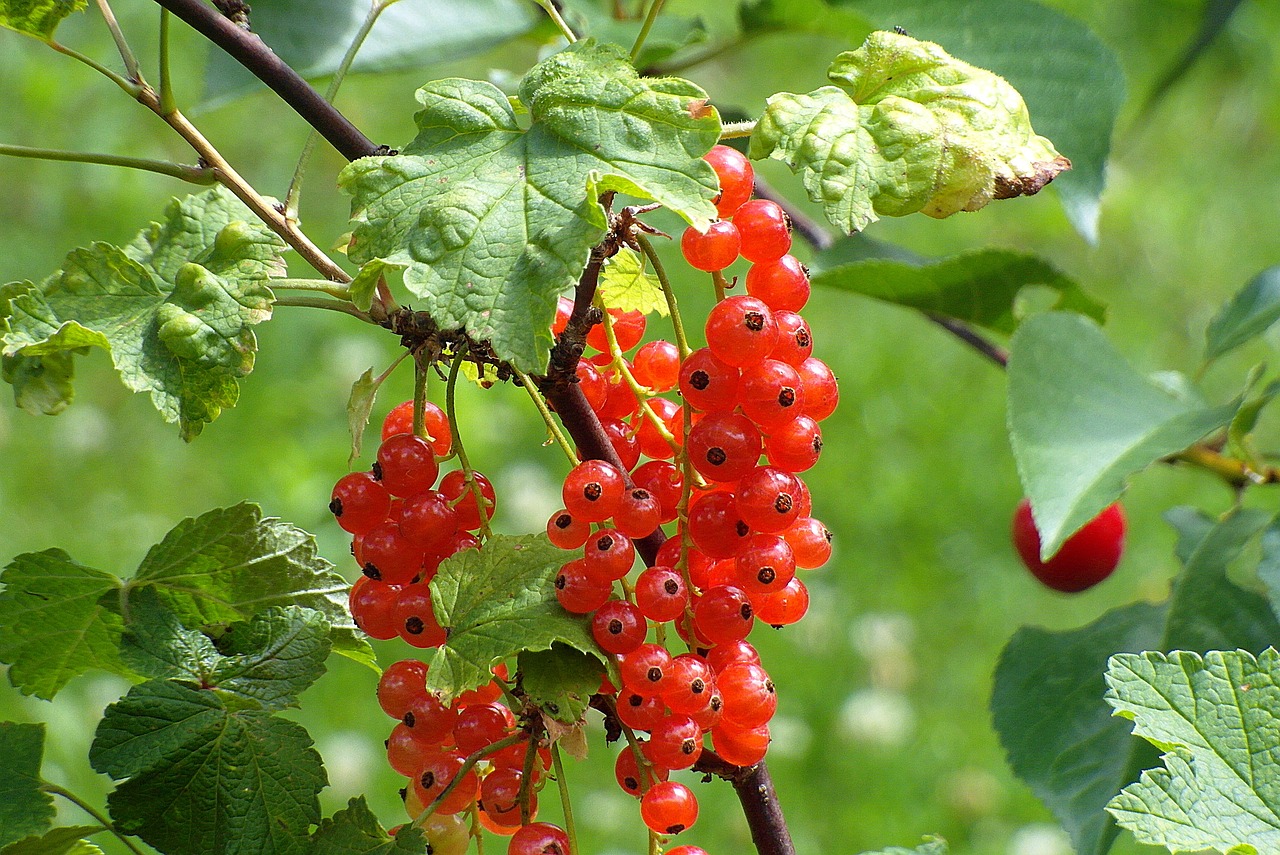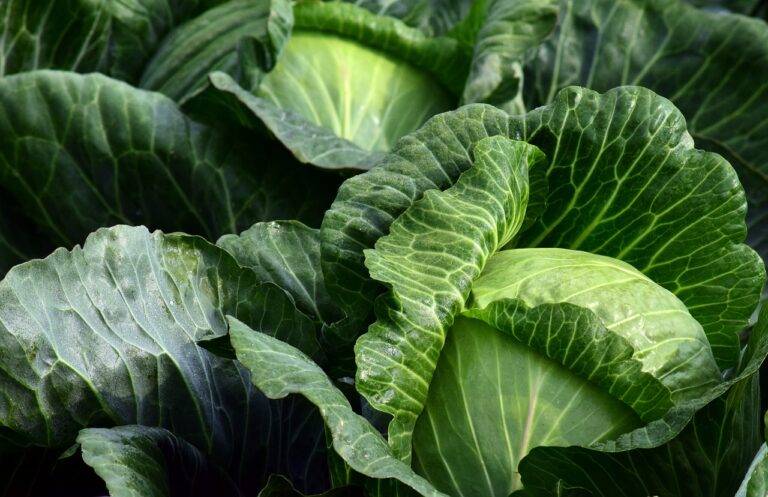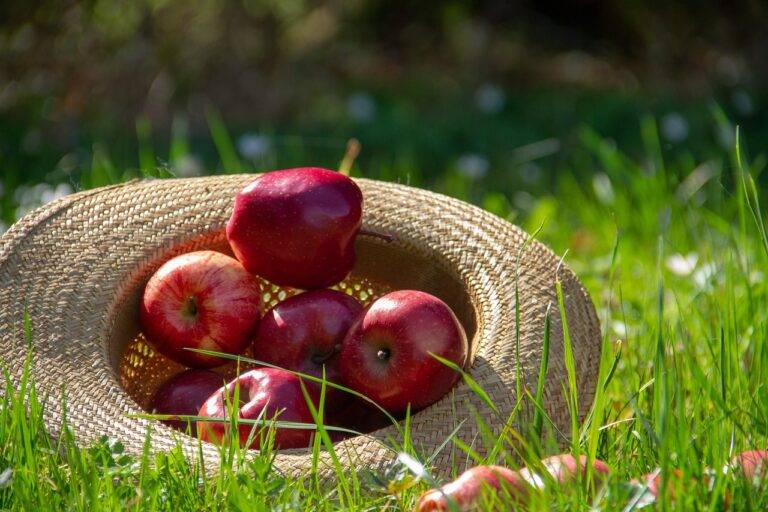The Art of Tea: Exploring Varieties and Rituals
Black tea is one of the most popular types of tea in the world, known for its robust flavor and dark color. It undergoes a full oxidation process which gives it its distinctive taste. Green tea, on the other hand, is celebrated for its light and refreshing flavor. It is not oxidized, preserving its natural antioxidants and subtle grassy notes.
White tea is the least processed of all teas, made from the youngest tea leaves and buds. It has a delicate flavor profile with subtle floral notes. Oolong tea lies somewhere between black and green tea, with a partially oxidized process that results in a complex flavor profile ranging from floral to fruity. Herbal teas are not actually made from the tea plant, Camellia sinensis, but rather from various herbs, flowers, and spices. Fruit infusions, similarly, are caffeine-free blends made from dried fruits and can be enjoyed hot or cold.
History of Tea: Origins in China, Spread to Japan, Europe, and the rest of the world
Tea holds an ancient and revered status in China, tracing its origins back thousands of years to the emperor Shen Nong in 2737 BC. Legend has it that a few tea leaves accidentally fell into the boiling water he was drinking, creating the first cup of tea. From then on, tea became a staple in Chinese culture, evolving into a symbol of respect, hospitality, and traditional ceremonies.
The spread of tea beyond China’s borders began during the Tang Dynasty (618-907 AD), when Buddhist monks carried tea seeds to Japan as gifts. Over the centuries, tea culture blossomed in Japan, with the revered Japanese tea ceremony, or chanoyu, becoming an integral part of their societal customs. By the 16th century, trade routes facilitated the introduction of tea to Europe, where it quickly gained popularity among the elite classes and eventually made its way to the rest of the world, captivating taste buds and hearts alike.
Health Benefits of Tea: Antioxidants, Caffeine, Mental Clarity, and Digestive Aid
Tea is not only a soothing beverage but also a powerhouse of antioxidants, which help protect the body from harmful free radicals. Antioxidants found in tea, such as catechins and flavonoids, may play a role in reducing the risk of chronic diseases like heart disease and cancer. By incorporating tea into your daily routine, you can reap the benefits of these powerful antioxidants and support your overall health.
Additionally, the caffeine content in tea provides a gentle energy boost without the jittery side effects often associated with coffee. This natural stimulant can help improve focus and concentration, making it a popular choice for those looking to enhance mental clarity. Moreover, certain herbal teas like peppermint or ginger have been traditionally used to aid digestion, soothing the stomach and promoting healthy gut function. By sipping on a cup of tea, you can not only enjoy its comforting warmth but also support your digestive health.





